In a recent gathering, researchers and frontline practitioners from across Europe came together to exchange insights on advancing cross-sectoral collaboration, aiming to reduce the vulnerability of refugees and asylum-seekers to radicalisation and enhance their successful integration.
Across Europe, countries are grappling with the dual challenge of supporting refugees and asylum seekers while addressing the risks of radicalisation. Displacement often exposes individuals to social isolation, economic hardship, and cultural disconnection, creating conditions that may heighten vulnerability to extremist influences. Strengthening cross-sectoral cooperation is essential to both safeguarding communities and promoting the successful inclusion and integration of refugees and asylum seekers into European societies.
Exploring the current landscape of cross-sectoral collaboration in Europe
Benefiting from the perspectives shared by researchers and frontline practitioners from across 15 European countries, the 2nd Cross-Sectoral Roundtable of the IN2PREV project contributed to highlighting key insights on the state of cross-sectoral collaboration in Europe.
The roundtable discussion featured four panellists, each offering a unique perspective on the topic of cross-sectoral collaboration. Andrea Spehar, from the Centre on Global Migration at the University of Gothenburg in Sweden, shared her perspective and experience as a researcher. Florentina Mihalcea, representing the International Organization for Migration (IOM) in Romania, provided a multilateral viewpoint. Tatiana Ciumaș, from Moldova’s General Migration Inspectorate, contributed with a law enforcement perspective, while Karolina Stubińska, from Poland’s Migration Advisory Centre, underlined the essential role of non governmental organisations in successful integration at the community-level.
Among the key insights from the roundtable, it was agreed that successful cross-sectoral collaboration requires strong and multi-level partnerships between migration authorities, local actors – such as townhalls and NGOs – law enforcement agencies, and international organisations. This approach has proven particularly relevant in addressing the recent influx of refugees and asylum-seekers from Ukraine. Essential to this success has been the active involvement of local authorities in the arrival process, supported by translators who facilitate communication and promote integration. In addition, this cross-sectoral cooperation has proven even more effective when extended to local response teams that support refugees and asylum-seekers through job integration, translation services, and other critical support activities in a given host community.
Another shared insight was that including refugees’ and asylum-seekers’ voices in policy development has proven to be a shifting factor in designing effective policies that address needs and challenges successfully. By establishing platforms that enable refugees to engage directly with frontline practitioners, stakeholders have been able to develop policies and initiatives that reflect the real needs and lived experiences of refugees and asylum-seekers. Such inclusive approach has improved the relevance of integration strategies in different national contexts, ensuring that support mechanisms are both practical and impactful in addressing current realities.
Regarding preparation for authorities and frontline practitioners to adequately address the diversity of needs and challenges of refugees and asylum-seekers, it was concluded that more training is needed. Insufficient training and lack of understanding on the different needs and challenges faced by refugees and asylum-seekers remains a challenge across various European countries. For example, in the context of the war in Ukraine, Ukrainian refugees and asylum seekers have received rapid support, which has proven to be the successful result of a coordinated effort on behalf of frontline practitioners and local authorities. However, it has been identified that refugees and asylum-seekers from other countries often face distinct challenges that are not always recognised or addressed. For this reason, specific training programmes for local authorities and frontline practitioners are necessary to create a common understanding of the diverse needs and equip them with the skills and knowledge required to effectively support the integration of different populations within host communities.
As for the challenge that outdated legal frameworks pose for frontline practitioners across Europe – since these can’t be applied in the current context and do not reflect present realities – modernising legal frameworks and overcoming bureaucratic obstacles is essential to ensure a timely response to the ongoing influx of refugees and asylum-seekers in Europe. Bureaucratic delays have also been identified as a significant obstacle to providing timely and adequate support for refugees and asylum-seekers, particularly in the context of the war in Ukraine, which has increased pressure across European countries. Updating legal frameworks to reflect current circumstances and simplifying bureaucratic processes are therefore crucial steps to facilitate successful integration and reduce the risk of refugees and asylum-seekers becoming vulnerable to radicalisation in the future.
Concluding the discussion, it was observed that there is a lack of consensus on data and common terminology, since many European countries lack a unified, centralised system for collecting and managing migration data at the national level. As a result, different stakeholders often have varying understandings of the migration situation within the country. It was also noted that the use of different terminology by various actors often slows down communication. Therefore, establishing a centralised, unified data system at the national level and agreeing on a common terminology should be a priority to improve cooperation between stakeholders and enhance overall cross-sectoral collaboration.
In addition to this, the event introduced the Practical Handbook of Collaborative and Cooperative Practices, which highlights 26 best practices for establishing preventive mechanisms for law enforcement agents working with refugees and asylum seekers.
The ideas shared in this event offered valuable reflections that will help drive the ongoing improvement of cross-sectoral collaboration in preventing the vulnerability of refugees and asylum-seekers to radicalisation and enhance successful integration.
This Roundtable was organised by the IPS-partnered IN2PREV initiative, which aims to improve the response of law enforcement agencies and non-governmental organisations to refugees and asylum seekers in European host and transit countries, with the goal of preventing radicalisation while ensuring successful inclusion and integration. The IN2PREV initiative is developing a mentoring programme aimed at supporting the successful inclusion and integration of refugees.
Within the IN2PREV project, the IPS team leads the creation and management of a network of frontline practitioners to promote cooperation and collaboration, as well as the training of professionals to facilitate integration and identify vulnerability risk factors to radicalisation.
Learn more about this project
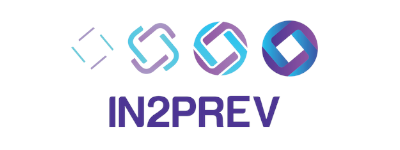
IN2PREV
Law enforcement and community cooperation and training approach to prevent radicalisation by ensuring refugees’ successful inclusion
The IN2PREV project Consortium is coordinated by BSAFE LAB – University of Beira Interior (Portugal) and partnered by IPS_Innovative Prison Systems (Portugal), the Polish Platform for Homeland Security (Poland), the Euro-Arab Foundation for Higher Studies (Spain), the European Association for Social Innovation (Romania), the Academy of Police Force in Bratislava (Slovakia), the Center for Security Studies (Bosnia and Herzegovina), the General Police Inspectorate of the Ministry of Internal Affairs (Moldova), and the Bureau of Migration and Asylum (Moldova).
For more information on the IN2PREV project, please visit its website.
Related projects
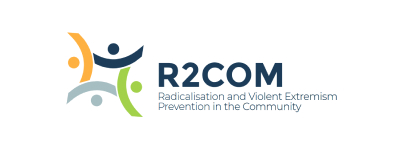
R2COM
Radicalisation and violent extremism prevention in the community
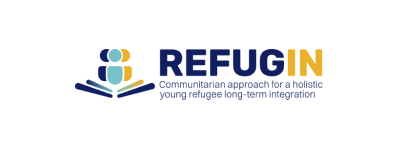
REFUGIN
Communitarian approach for a holistic young refugee long-term integration
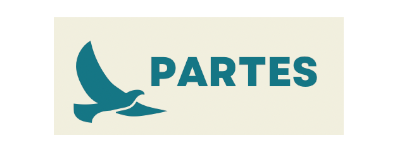
PARTES
Participatory Approaches to Protecting Places of Worship
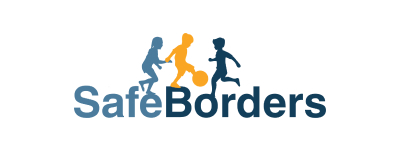
SafeBorders
Strengthening Judicial expertise and Frontline support to combat Child Trafficking

KOBAN
Identifying future capabilities for Community Policing
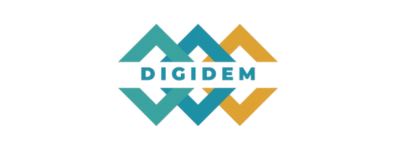
DIGIDEM
Fostering Digital Democracy and Citizenship in Higher Education

WAYOUT
Integrated Exit Programme for Prisons and Probation
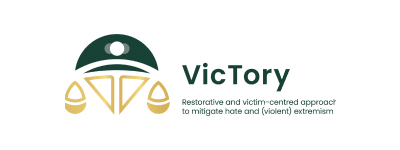
VicTory
Restorative and victim-centred approach to mitigate hate and (violent) extremism
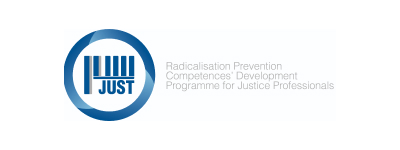
R4JUST
Radicalisation Prevention Competences’ Development Programme for Justice Professionals
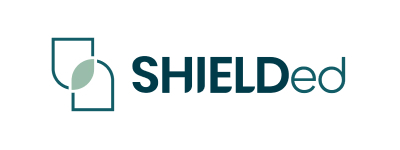
SHIELDed
Safeguarding symbolic places of personal and religious development and freedom in Europe through a multi-stakeholder approach.
Related news
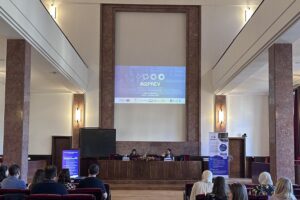
IN2PREV Final Conference highlights cross-sector collaboration for refugee inclusion and radicalisation prevention
Read More »
Standing united against hate: A national effort to prevent and tackle hate crime and hate speech in Portugal
Read More »
New IPS-led initiative unites efforts to protect religious communities, schools, and places of worship
Read More »
IPS contributes to shaping EU’s future agenda on radicalisation prevention at Brussels Town Hall meeting
Read More »



